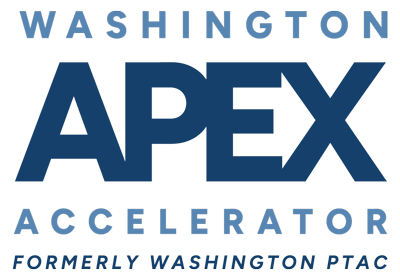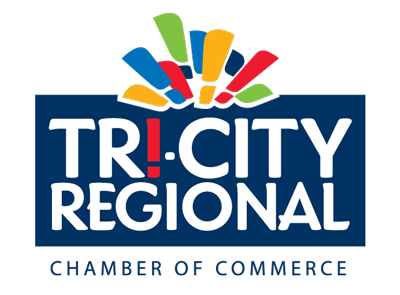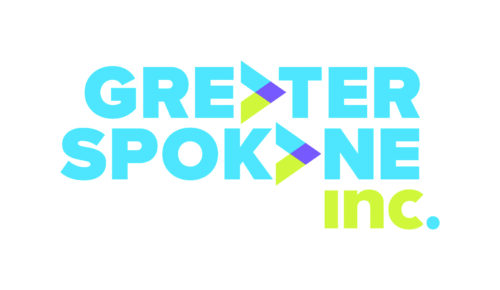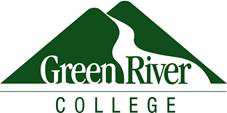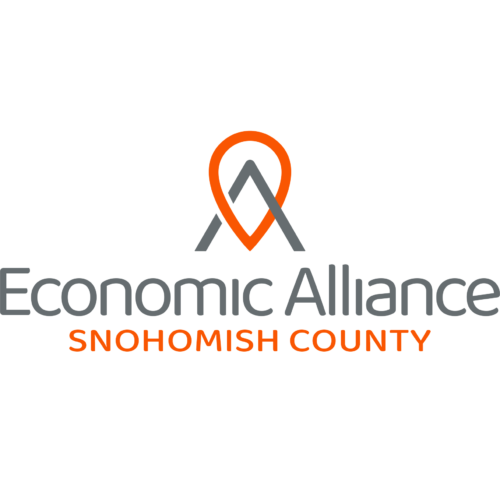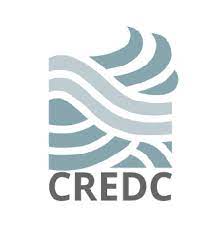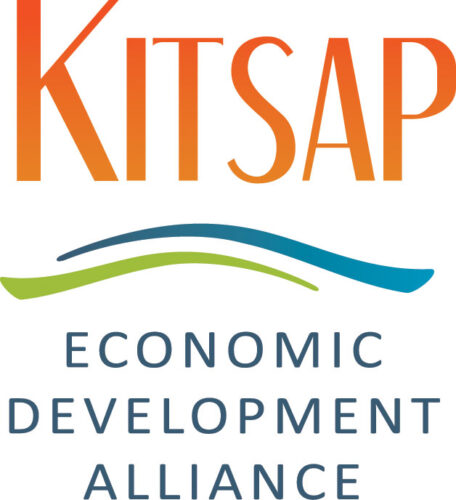In its recent decision, Peraton, Inc., B-416916.8, et al. (Aug. 3, 2020), GAO ultimately sustained a protest that the Department of State’s corrective action was unreasonably limited—recommending the protester be reimbursed its protest costs in the process. For more on how it reached this result, buckle up! Because it was a long road for the protester to reach the GAO sustain.
Way back in September 2018, Peraton filed a protest—we’ll call it Protest #1—challenging a task order award under the CIO-SP3 GWAC made to Vistronix, LLC. (As an aside, the CIO-SP3 GWAC is, sadly, not a reference to this guy. For more information on what it actually is, look here.) In Protest #1, Peraton argued that Vistronix had “unmitigated organizational conflicts of interest” or OCIs. In response, the Department of State (DOS) took corrective action, agreeing to look into the possible OCI and ultimately agreeing with Peraton. As a result, no task order was awarded.
Almost a year to the day after Protest #1 was filed, DOS issued a new task order under the CIO-SP3 GWAC, this time to Mantech Advanced Systems International, Inc. Ever the eagle-eyed evaluation reviewer, Peraton filed a second protest—Protest #2—alleging that DOS had subjected them to “numerous evaluation errors and disparate treatment” this time around and also that Mantech’s letters of commitment for key personnel didn’t meet the solicitation’s requirements. Following a complete briefing by the parties, GAO conducted outcome prediction alternative dispute resolution (or ADR). It informed the parties that, if GAO were to issue a formal decision in Protest #2, it would likely agree with Peraton and take issue with Mantech’s letters of commitment. So, once again, DOS moved to take corrective action following Protest #2, this time “reopening discussions to confirm the availability of proposed key personnel, update letters of commitment, and validate proposals.”
This brings us to Protest #3. In Protest #3, Peraton challenged the corrective action taken by DOS, arguing that its “corrective action was both unreasonably narrow and reflected an unfair agency bias in favor of ManTech.” But GAO promptly dismissed the protest because DOS’ “corrective action was narrowly focused on the only procurement fault identified in the outcome prediction ADR, and no other portions of an offeror’s proposal would reasonably be affected by the proposed discussions, because the agency only sought confirmation of the availability of previously proposed key personnel.”
Are you still reading? Good! Because we’ve finally reached the protest that GAO sustained here—Protest #4. As part of its corrective action, DOS “issued a discussion letter seeking confirmation that each offeror’s key personnel were available, and requesting updated commitment letters.” Peraton responded, explaining that it had needed to replace some of its initially proposed key personnel and “ask[ing] that offerors be allowed to substitute key personnel and submit new commitment letters and resumes without [DOS] rejecting the proposal as technically unacceptable.” DOS agreed to Peraton’s request and informed offerors that they could “substitute key personnel, but were not required to do so.”
Even though it had received the ability to replace key personnel it requested, Peraton was concerned that these replacements were likely to “materially affect its technical and price proposals and requested that the agency also permit offerors to revise all aspects of their technical and price proposals.” It voiced this concern to DOS, but DOS confirmed that offerors would still only be allowed to make changes to specific parts of their proposals: key personnel resumes, letters of commitment, and one column in their staffing plans.
Peraton protested the narrow scope of revisions DOS permitted—and GAO agreed. GAO stated that that “once the agency made an election to allow proposal revisions, the agency was required to seek these revisions in a reasonable manner” but had not done so. Though it did express some sympathy for DOS, who had now been through the protest process several times a this point, it explained that DOS had made a choice—to allow offerors to update their key personnel—and, because it had done so, also had to “permit offerors to conform the portions of their proposals that refer to key personnel whom they are no longer proposing, whether that reference is by name or to unique qualifications of those individuals that are not shared by the newly proposed personnel.” Otherwise, offerors which opted to update their key personnel would be submitting “materially inconsistent proposal[s].”
In the end, GAO recommended that “DOS amend its proposal revision instructions to permit offerors to revise aspects of their technical proposals to the extent that the revisions relate to the permitted substitutions of key personnel, and thereafter reevaluate the offerors’ revised technical proposals.” It also recommended that “Peraton be reimbursed the costs of filing and pursuing its protest, including reasonable attorney’s fees.”
***
If you’re still with me, there are two primary takeaways from this case. First, repeatedly protesting the same procurement—when you have a reasonable basis to do so—can pay off in the end, like it did here. Second, keeping a close eye on the scope of agency evaluations, reevaluations, and corrective action is incredibly important to ensure that the agency is giving all offerors a fair shot at award, no matter what stage of the process things are at. If you have questions about this case, corrective action protests, or anything else about GAO bid protests, we can help.
Syndicated from SmallGovCon

